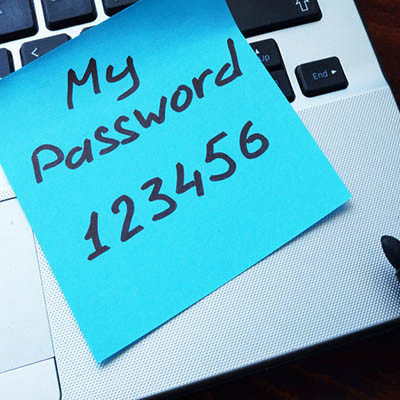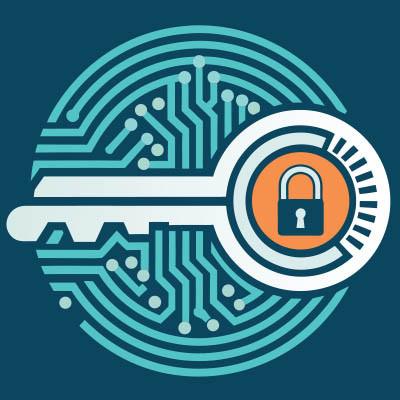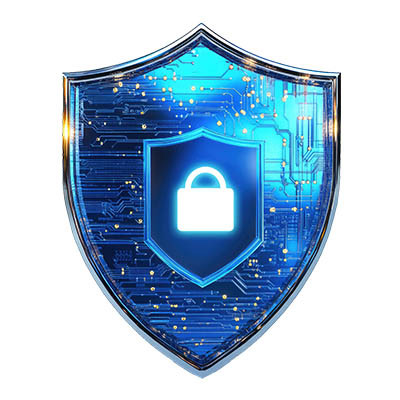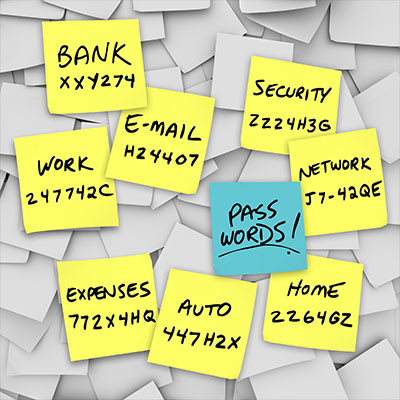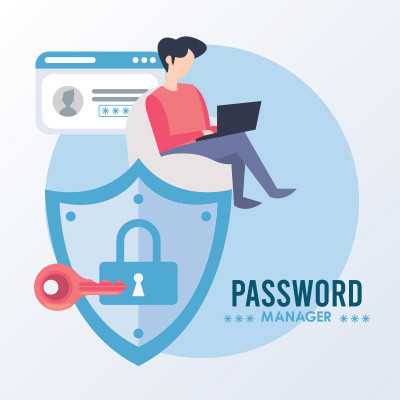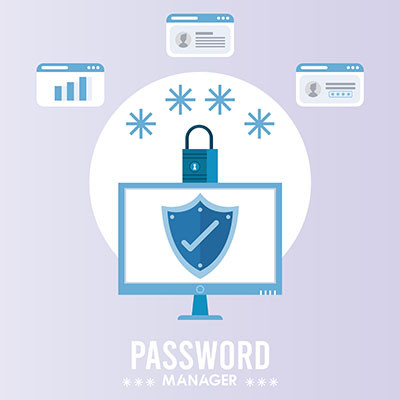How many employees do you have who keep your company’s passwords on sticky notes stuck to their monitors? This simple, seemingly benign trick could be putting your business at risk. After all, if you can see the password on a sticky note, so too can others who happen to be wandering around the office—including potential threat actors.
PC PLACE Blog
It would seem that the people responsible for the recent heist at the Louvre, which netted over $101 million in jewelry, may have used a more complicated plan than strictly necessary. According to a French publication, the famous museum has a long history of cybersecurity mistakes and faux pas… many of which, given the museum’s fame, are truly shocking.
Let’s go over what we know about the Louvre’s protections over the years, and what they suggest about the current state of things. We’ll probably learn a thing or two by doing so.
It’s easy for employees to reuse passwords just to make things easier for themselves; after all, why use different passwords when you have a dozen accounts to remember passwords for? Unfortunately, this habit will come back to bite you, especially if your business is ever involved in a data breach. These credentials could be put up for sale on the dark web… and that’s just the beginning of your problems.
While still critical to get right, passwords aren’t nearly as secure as you would expect them to be. They can be guessed (especially if proper password practices haven’t been followed), stolen in data breaches, or phished from a well-meaning—albeit shortsighted—employee.
Passwords are basically the lock built into the front door of a building. They’re enough to keep out honest people, but what about the people who are willing to go to the deep web and 3D print the master key to the type of lock you use?
A successful business is a secure business. You probably have a good lock on the front door, maybe an alarm system, and secure cabinets for important documents. You do all of this to protect your business' physical assets from threats. So why wouldn't you do the same for your digital assets?
Just as you have physical security measures, your business also needs strong cybersecurity policies. They help create clear rules for employees to follow and a plan to fall back on if an incident occurs.
Tips are great as long as they actually work. Business owners need more technology tips than just about anything else, whether that is app-specific or general care of technology. We try to do our best to provide useful tips a couple of times a month, but this week we wanted to focus on what is probably the most important tip we can provide.
Fairly recently, news circulated that a data breach had exposed 16 billion—yes, with a “b”—passwords for various logins, including social media accounts, virtual private networks, corporate tools, and more. Effectively, every online service imaginable was represented in this breach.
This is very bad… arguably unprecedented.
However, this impression is at best misleading. Let’s dig into the truth of the matter, while still acknowledging that there are some lessons to be learned.
Running a business is already confusing enough without worrying about security at all times. Whether you’re a small business owner or a multi-level enterprise, security is just as important for all the same reasons. Today, we want to share a couple of security strategies you can implement today to feel better about the current state of your infrastructure moving forward.
Passwords are the most important security tool used to secure digital assets. They are critical for small businesses, as weak or mishandled credentials can lead to serious security problems. Everyone must understand and follow the best practices for creating and managing passwords. This month, we will go through a few of them.
Passwords protect nearly all of your accounts; or at least you hope that they do. Unfortunately, making a super-secure password that’s easy to remember can be harder than people expect. Oftentimes, it feels like you are constantly solving a puzzle. So then, how do you create passwords that keep hackers out without driving yourself crazy? In this month’s newsletter, we discuss this very problem.
The Disney brand has long cultivated an image of magic and wonder. However, this image has yet to materialize any magical effects in reality. For example, people still suffer from food allergies while visiting Disney’s various parks.
This makes it especially dangerous that a former Disney employee was allegedly still able to access a specialized menu-planning app and make alterations, like changing prices, adding language that Disney certainly would not approve of, switching text to the unintelligible “Wingdings” font, and worst of all… changing menu information.
Passwords have long been one of the central pillars of account security on the Internet. Combined with a username, they make up the foundation of most login systems. Because of this, they are a hot commodity for hackers who want to steal credentials and infiltrate accounts or networks. In recent years, however, other security measures have exposed the weakness of poor passwords for security, leading to the adoption of other measures.
Passwords are the keys to digital access, but they're often not treated as keys; meaning they aren’t always protected by their users. Unfortunately, people don’t always do everything they can to protect their passwords and there are a lot more scammers out there than pickpockets.
Effective password management is crucial for any business. It works to maintain the security of online accounts and sensitive information. Here are five ways to control and enhance your password management.
One of the reasons that information technology keeps changing is for the sake of the user and their convenience using it. However, if this convenience comes at the sacrifice of your business’ cybersecurity, it just isn’t worth it. This is the crux of why we always recommend that any organization seeking to use password management should invest in a reputable password management software, rather than the built-in capabilities of modern browsers.

